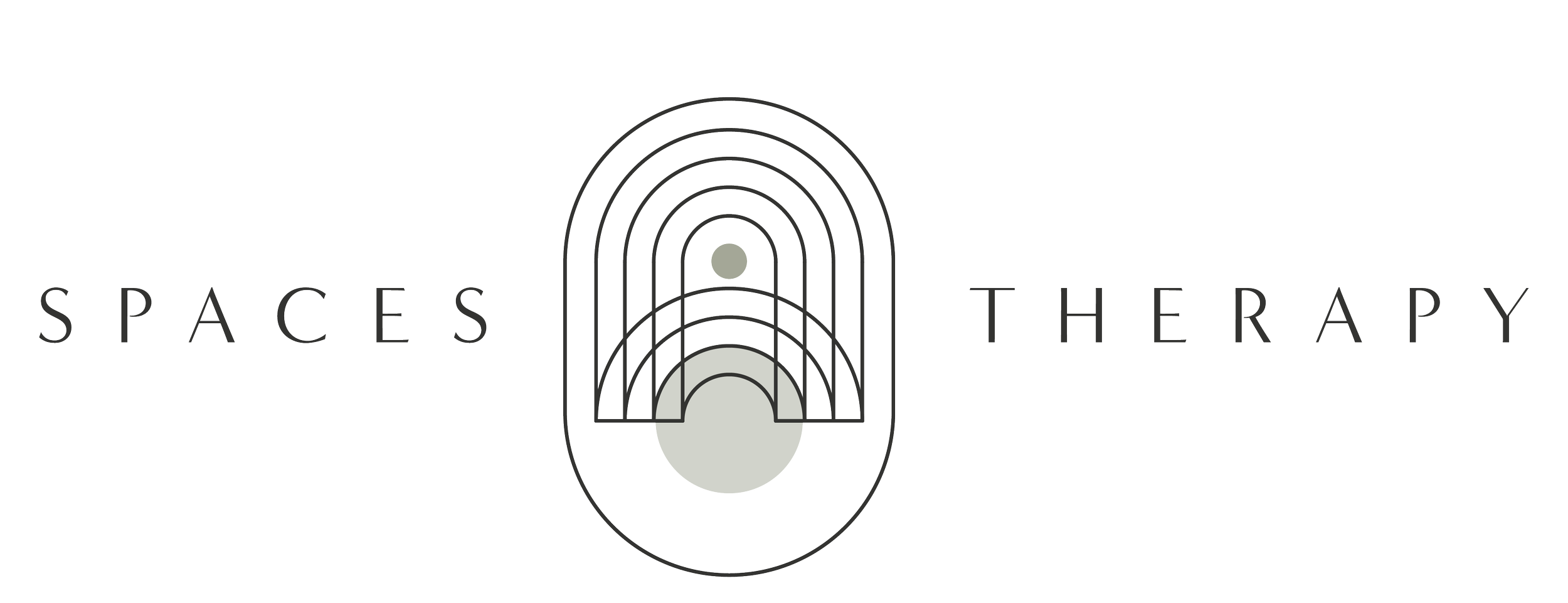Is ADHD Impacting Your Relationship? Key Signs and How to Cope
ADHD, or Attention-Deficit/Hyperactivity Disorder, doesn't just affect focus and organization—it can also have a deep and lasting impact on romantic relationships. If you or your partner has ADHD, you may have noticed patterns of miscommunication, emotional disconnect, or recurring conflict that seem hard to break.
How ADHD Shows Up in Relationships
ADHD often goes unnoticed in adult relationships, especially when symptoms are mistaken for laziness, forgetfulness, or emotional distance. These symptoms can create a cycle of frustration between partners. Here are a few common ways ADHD can affect your connection:
1. Poor Follow-Through
One partner may forget commitments, leave tasks unfinished, or struggle with time management—leading the other to feel unsupported or overwhelmed.
2. Distractibility
Easily drifting attention can feel like disinterest, especially during important conversations or moments of intimacy.
3. Emotional Reactivity
People with ADHD may experience intense emotions and quick mood shifts, which can escalate minor conflicts into major ones.
4. Uneven Division of Responsibilities
The non-ADHD partner may end up taking on more of the “mental load” (household tasks, planning, emotional labor), which can lead to resentment.
5. Miscommunication and Feeling Misunderstood
Conversations may feel one-sided, with the non-ADHD partner seeking connection and the ADHD partner struggling to stay engaged or express themselves clearly.
The Impact: Feeling Like You're on Different Pages
Over time, these patterns can erode emotional closeness and create feelings of:
Being unappreciated or unseen
Walking on eggshells to avoid triggering outbursts
Feeling like the parent or caretaker in the relationship
Growing distance and emotional fatigue
Without awareness and support, both partners can end up feeling stuck, lonely, and misunderstood.
How to Cope—Together
The good news? Understanding ADHD’s role in your relationship is the first step toward healing and reconnection. Here are a few ways to start making changes:
1. Educate Yourselves
Learn how ADHD affects adult relationships. This knowledge helps reframe frustrating behaviors not as personal failings but as neurological differences.
2. Establish Routines
Create consistent routines and shared calendars to support organization and follow-through without relying on memory alone.
3. Balance the Load
Talk openly about tasks and responsibilities. Consider using apps or systems to track chores and agreements in a shared way.
4. Therapy Can Help
Couples therapy—especially with a therapist who understands ADHD—can help rebuild trust, improve communication, and address deeper emotional wounds. See our team of therapists who specialize in treating both couples and neurodiversity.
You’re Not Alone
If ADHD is straining your relationship, it doesn’t mean your connection is doomed. With awareness, support, and the right tools, many couples can move from frustration to understanding and even thrive.
At Spaces Therapy, we offer individual and couples therapy for ADHD-related challenges. If you’re seeking clarity and insight, tools to cope, or a safe space to reconnect, we're here to support you.
Ready to Work on Your Relationship?
Reach out today to schedule a free consultation with one of our licensed therapists. If you have questions about our services or how we can support you, reach out to us. Ready to get started? Book a consultation.

